FAMILY PLANNING IN A PANDEMIC. A Q&A with AFTON VECHERY, CEO OF MODERN FERTILITY
COVID-19 has put many plans to have a baby on pause while others find themselves pregnant in a pandemic. No matter your situation, here’s what you need to know about your fertility right now.
The approach to fertility has long been reactive (which may have worked years ago when women held more traditional roles in society and typically had kids earlier) but today, companies like Modern Fertility—which sells at-home fertility tests—have taken a proactive approach to the topic.
It’s important considering women are choosing to have kids later and later in life and—while our roles in society have changed—our biology has not, notes Afton Vechery, Modern Fertility’s CEO and co-founder.
Unfortunately, COVID-19 has thrown fertility plans off-course for many. For one, as the COVID-19 pandemic hit the United States, many were forced to put their actions on hold as “elective” fertility procedures (egg freezing, IVF services) were put on pause—an incredibly difficult situation. “These procedures certainly don’t feel elective to the women who are going through them,” says Vechery.
On the other hand, there has been chatter about a Coronavirus baby boom (which might actually not be that likely).
“The short answer is that we don’t yet know how COVID-19 might impact birth rates,” says Vechery, who notes that Modern Fertility’s annual Modern State of Fertility research found that a third of women have changed their fertility plans due to COVID-19. About 1 in 5 women who changed plans said it was because their fertility clinic had temporarily paused treatments. The findings are in line with a study by Guttmacher. Vechery also notes that 61 percent of people said they feel anxious and stressed about fertility and family planning due to COVID-19.
Ultimately, there are still a lot of unknowns.
So what do we know—or need to know–about fertility even in a time of turmoil?
Here, Vechery explains.
Decisions related to fertility treatments—let alone amid COVID-19—are highly personal. “It’s best to have a conversation with your doctor about what’s best, taking into account your medical history, desired fertility outcomes, and other lifestyle factors,” Vechery says. “Many practices have resumed fertility treatments, so if timing is a factor in your decision to do IVF or egg-freezing, many doctors will recommend proceeding rather than waiting.”
Collecting good information matters. “We can look at all the ingredients of a clean beauty product, read thousands of reviews about healthy food products, use mortgage calculators to map out savings for a home, and track steps, nutrition and sleep, but when it comes to our reproductive health, it’s largely still a black box, and we’re told we’re just supposed to wait and see,” says Vechery.
The truth: It’s important to understand your fertility, regardless of what your intended outcomes are, she says. “It’s a crucial part of overall health.” Of course, it can also be really intimidating to start the process of learning about your fertility. “Take it bit by bit—just do something to start the process. The rest will get easier,” suggests Vechery.
One easy way to get familiar with your fertility? Through annual hormone check-ins, she notes, which help you understand how things change over time. “These check-ins can also help you understand conditions like Polycystic ovary syndrome (PCOS) and Primary Ovarian Insufficiency (POI), menopause timing, and potential success for IVF and egg-freezing.” The more information you’re armed with, the more comfortable you’ll likely be talking about sometimes taboo topics such as fertility.
“We tend to see that stigma breeds misinformation—or an absence of information altogether,” says Vechery. “More clinically-sound education and resources will chip away at this, until we hopefully can come to see that there is no shame in our biology.”
Build a trusting community. “With a sensitive topic like fertility, it helps immensely to have women who are also thinking about the same things and are there to chat,” says Vechery. “When we connect with others, we realize we're all in this together and we're not alone.”
the guide

From PCOS to perimenopause, hormonal shifts happen at every life stage. Learn why hormone-safe skincare is a must—even if you’re not expecting.
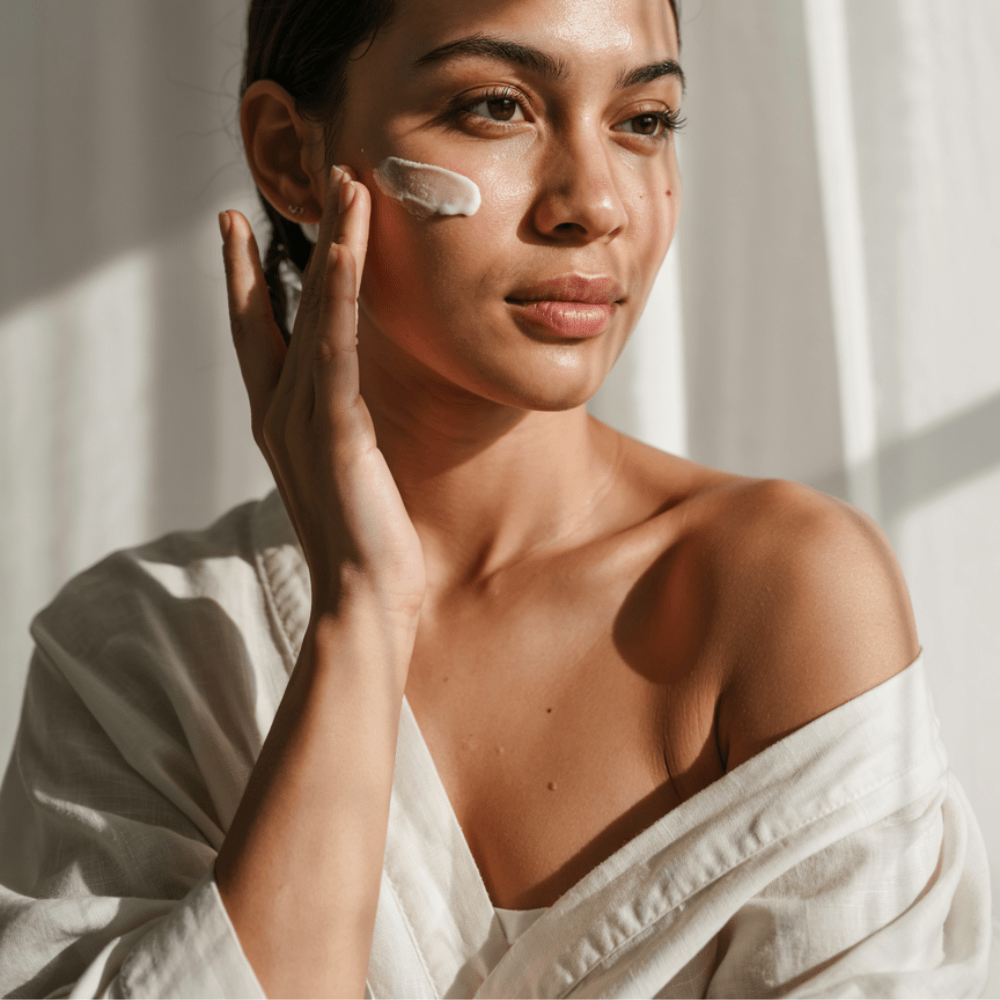
Whether you’re pregnant, postpartum, or perimenopausal, choosing the right ingredients makes all the difference. In this guide, we explain why endocrine disruptors matter, spotlight clean actives a...
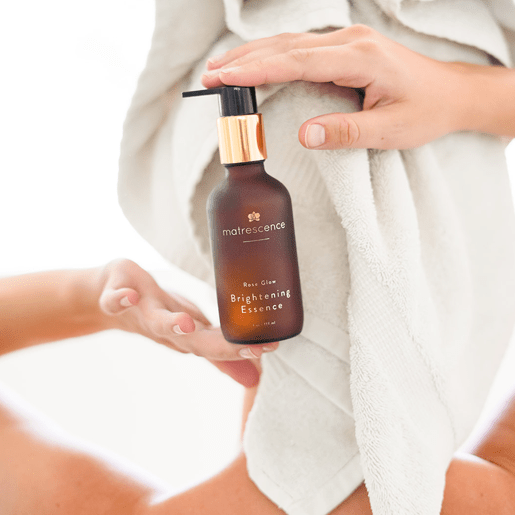
A deep-dive of our Brightening Essence. A dual-action toner and serum that gently exfoliates and hydrates to reveal a vibrant, more even complexion. Formulated for hormonally shifting skin, it help...



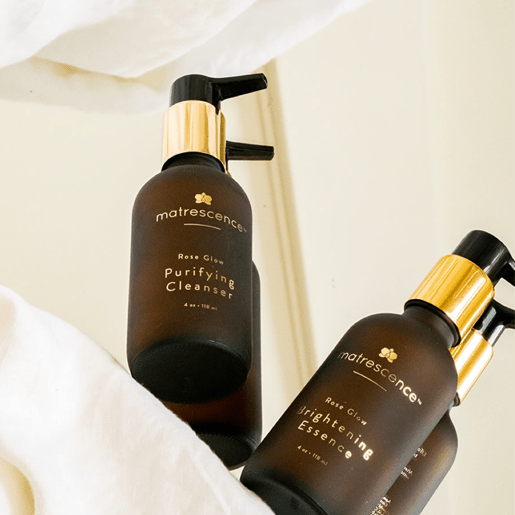

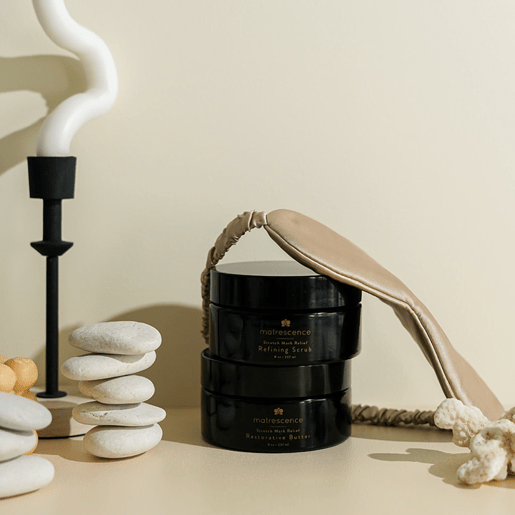

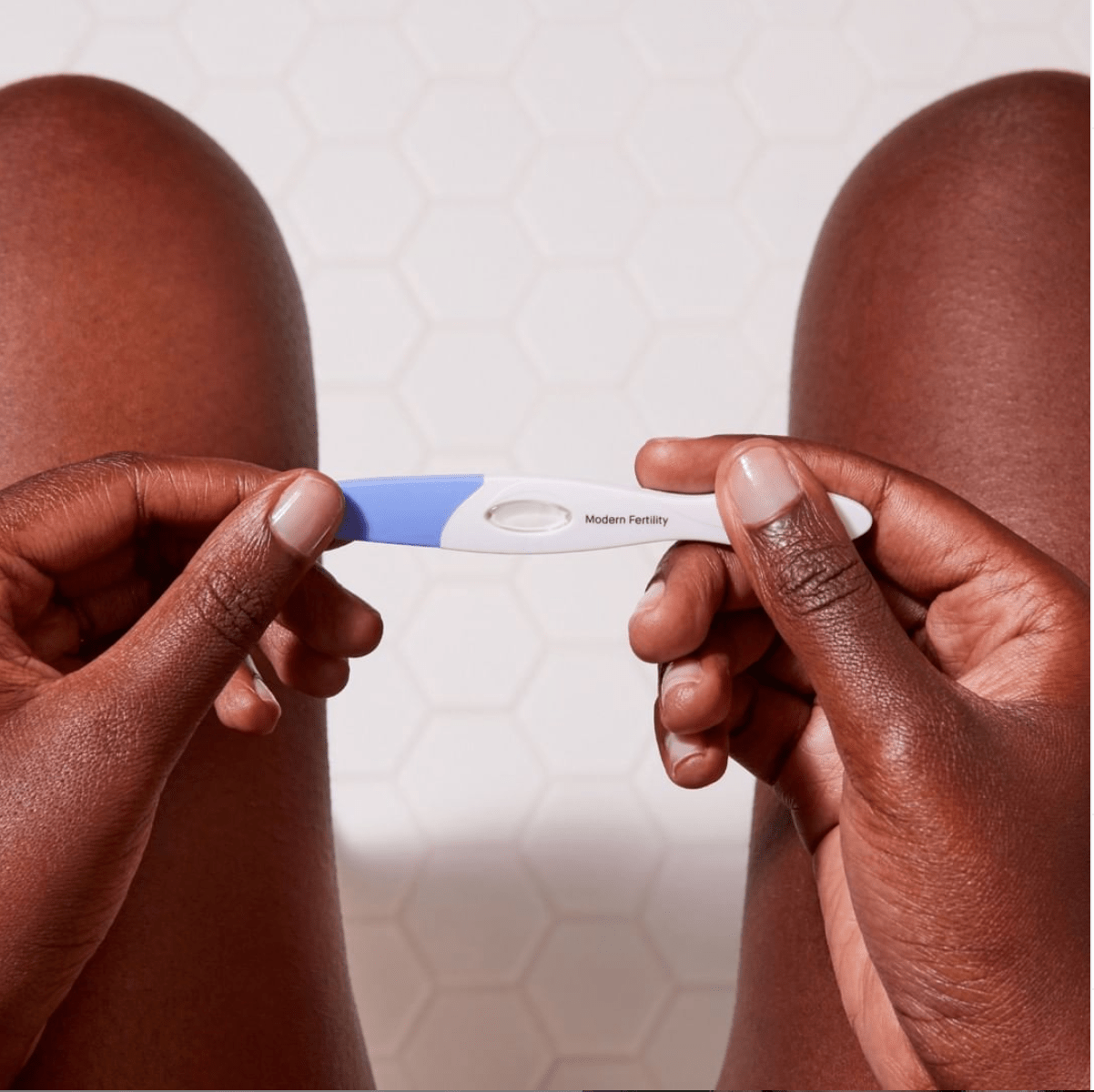


Leave a comment
All comments are moderated before being published.
This site is protected by hCaptcha and the hCaptcha Privacy Policy and Terms of Service apply.